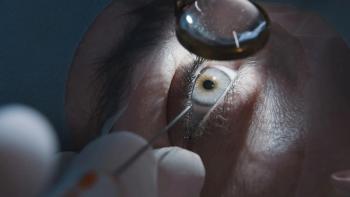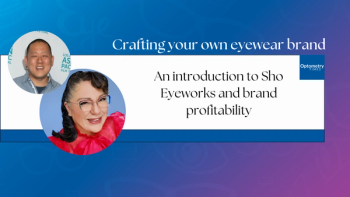
Vision loss linked to depression
American adults who lose their eyesight are almost twice as likely to be depressed as other adults, an analysis of data from a large federal health survey has revealed.
American adults who lose their eyesight are almost twice as likely to be depressed as other adults, an analysis of data from a large federal health survey has revealed.
To assess the relationship between vision and depression, researchers used data from the 2005-2008 National Health and Nutrition Examination Survey (NHANES), which included 10,480 adults. This recurring, nationally representative survey nation’s health is sponsored by the Centers for Disease Control and Prevention (CDC).
NHANES asked participants about their ability to perform 6 vision-related functional tasks such as reading a newspaper and finding items on a crowded shelf. Depression was assessed with a 9-question screening test, the Patient Health Questionnaire. The estimated weighted (crude) prevalence of depression in adults aged 20 years or older with self-reported visual function loss was 11.3% (95% confidence interval [CI], 9.7% - 13.2%) compared with 4.8% in adults without any self-reported functional impairment (95% CI, 4.0% - 5.7%).
"The uniqueness of this study is that it was done in a national sample. NHANES samples people nationally and from all adult age groups. We were not just looking at [the] Medicare population," said Jinan B. Saaddine, MD, MPH study coauthor.
Newsletter
Want more insights like this? Subscribe to Optometry Times and get clinical pearls and practice tips delivered straight to your inbox.













































